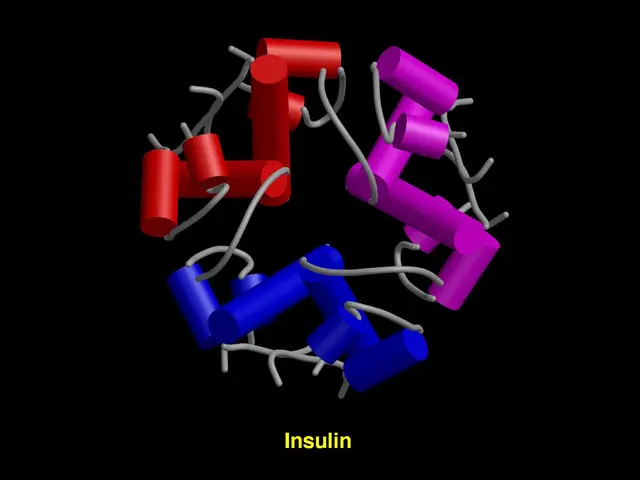Trust in authoritative voices, despite their potential errors
In today's complex and interconnected world, confidence can be a powerful tool, but it can also lead to undesirable outcomes. This is because confidence, while often perceived as a sign of credibility and persuasiveness, can mask overconfidence and cognitive biases, leading to poor decision-making, misinformation, and adverse social effects.
The human tendency to trust confident people is deeply ingrained, a trait that was useful for survival in the wild. However, in a modern society, this tendency can have far-reaching consequences. People tend to defer to confident speakers, trusting their certainty rather than scrutinizing evidence. This deference can exacerbate errors in high-stakes or unfamiliar situations.
One of the key factors at play here is the overconfidence bias. This cognitive quirk causes individuals to overestimate their abilities and underestimate risks, leading to errors that can cascade through interconnected social and economic networks. These errors can have significant impacts, from financial losses to poor public policies and organizational dysfunction.
Moreover, in complex societies, decisions are often interdependent. Misplaced trust in confident but potentially biased leaders or influencers can lead to systemic failures. Narcissistic leaders, often very confident, may ignore criticism and act selfishly, causing workplace bullying and turnover, harming institutions and communities.
The reliance on confident individuals also reduces critical thinking and openness to alternative perspectives, thereby increasing polarization and conflict or suppressing dissenting views necessary for effective problem-solving in complex societal contexts.
It's important to note that while confidence is linked to intelligence, it doesn't necessarily equate to credibility. A confident source may not necessarily be more credible than a less confident one. This is because the manner of communication affects confidence assessments; slow, clear speech is associated with confidence.
Furthermore, the saying "A lie is halfway round the world before the truth has got its boots on" can be more accurately stated as "A confidently told lie is halfway round the world before the truth has got its boots on." Objectively wrong, yet unshakeably confident individuals can convince many others that they're right.
Humans are ultrasocial, and most of their information about the world came from other people during their evolutionary development. This makes us prone to believing confident leaders, a trait that, while useful in the past, can lead to misinformation and adverse social effects in the present.
In conclusion, while confidence aids communication, excessive trust in it without verification can amplify cognitive biases and systemic risks, leading to undesirable consequences in an interconnected society. Awareness and strategies such as seeking diverse viewpoints and slowing down important decisions can help mitigate these outcomes.
Interestingly, higher intelligence can sometimes lead to imposter syndrome, diminishing confidence. This paradox underscores the complex relationship between confidence and intelligence, and the need for a balanced approach in our society.
- Despite the evolutionary advantages of trusting confident individuals, the tendency to defer to them in a complex society has far-reaching consequences, such as misinformation, poor decision-making, and adverse social effects.
- The misplaced trust in confident leaders or influencers can potentially lead to systemic failures and emotional harm in health-and-wellness, mental-health, and various societal contexts.
- In the face of undesirable consequences resulting from excessive trust in confidence, it is crucial to embrace critical thinking, diversity, and balanced assessment in today's interconnected world, ensuring that scientific evidence supports our decisions and fostering a culture of psychological and intellectual honesty.





